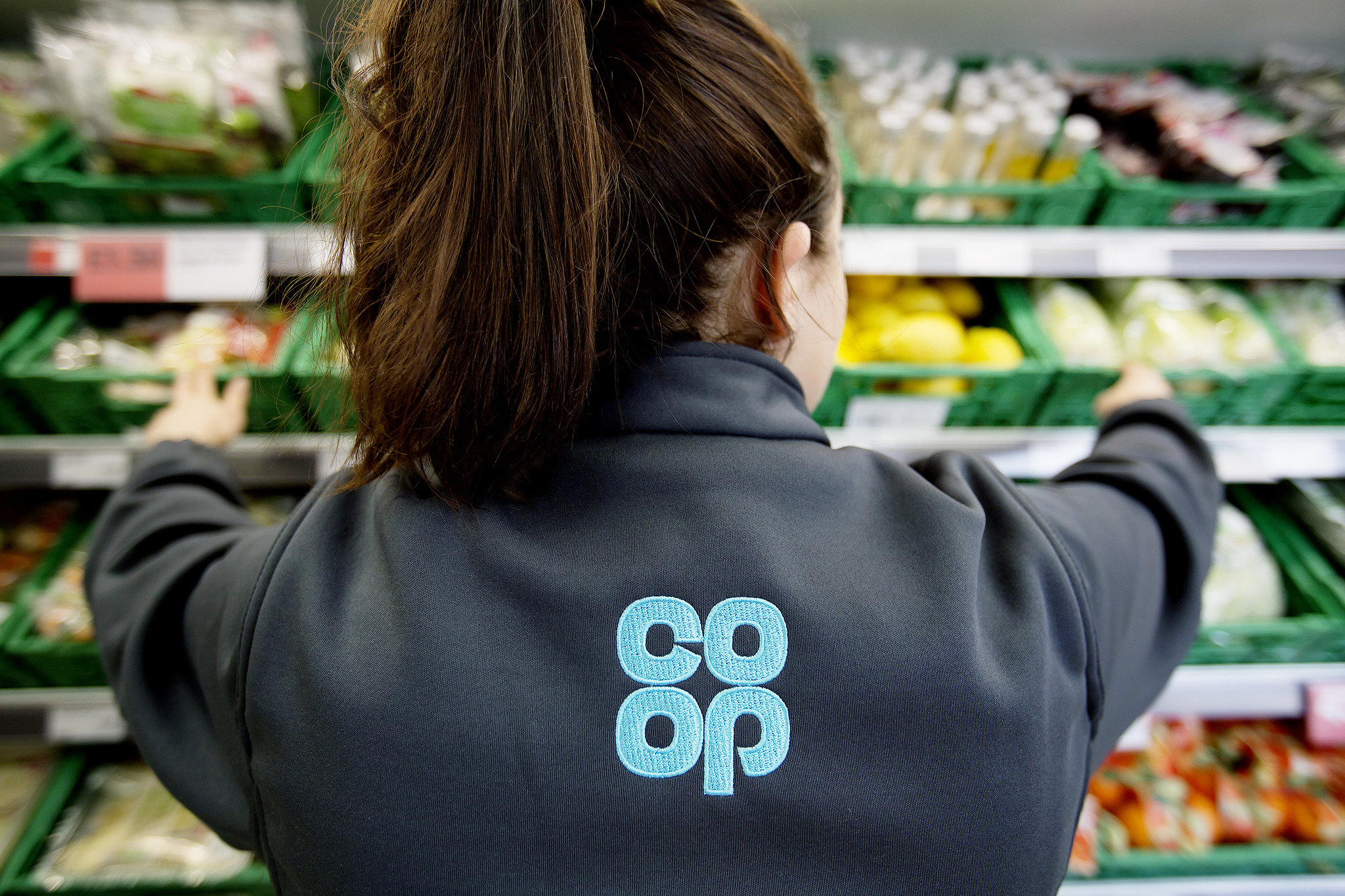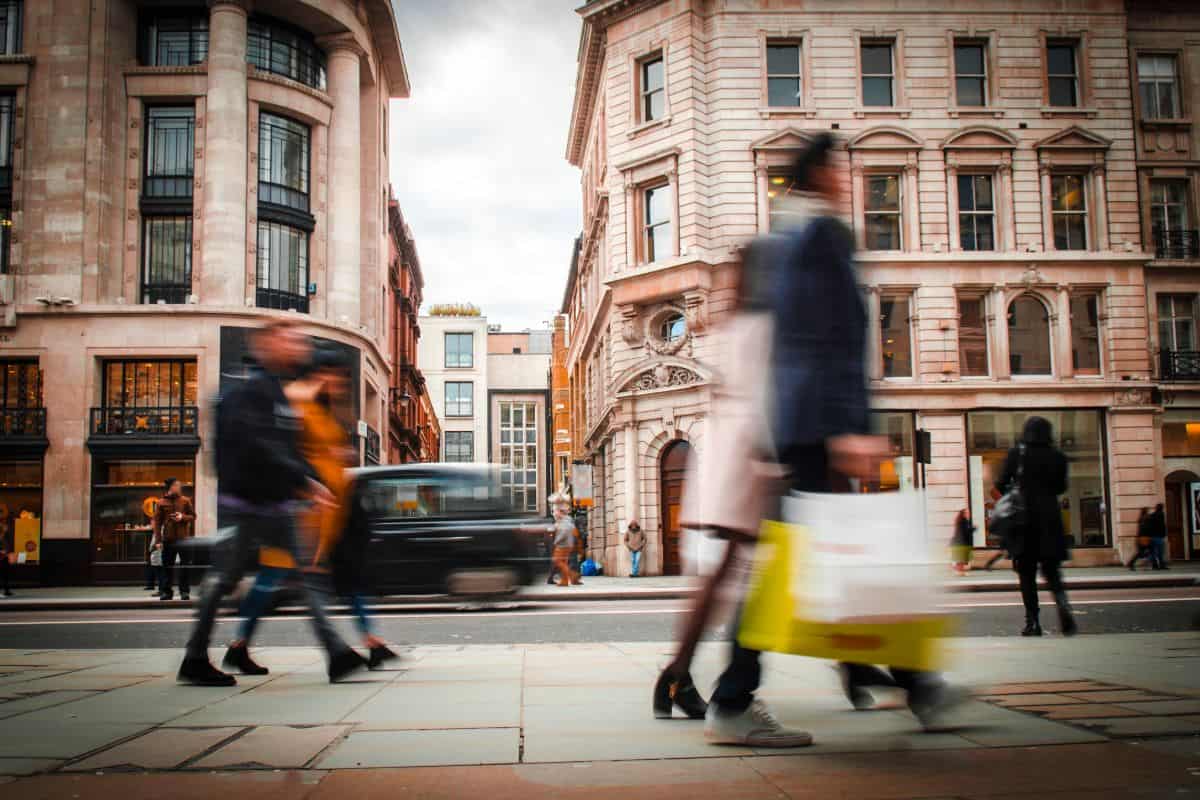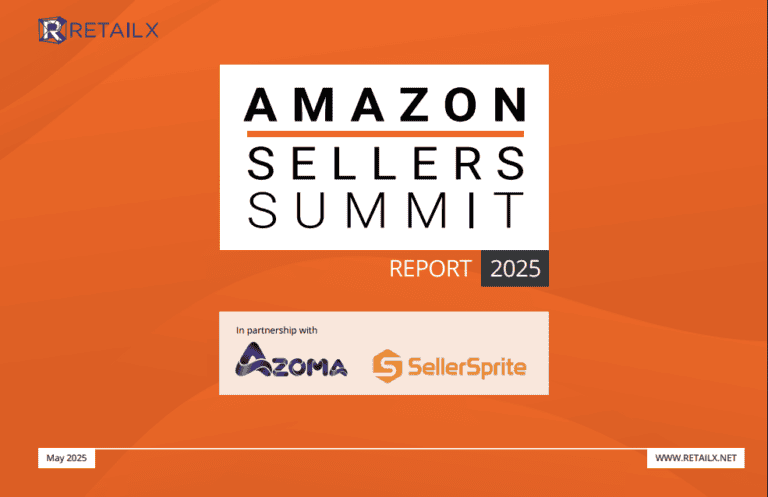Prime Minister Boris Johnson today said that retailers could open non-essential shops as early as April 12 – subject to Covid infection rates staying under control and the vaccine programme continuing to roll out successfully.
The news came this afternoon as the Prime Minister gave a statement in the House of Commons detailing the first steps out of lockdown 3.0. The first step will see schoolchildren start to return to school from March 8.
In step two – which will be at least five weeks after April 12 and start with seven days’ notice – non-essential retail will be able to reopen, along with hairdressers, nail salons, gyms, holiday lets, libraries, zoos, community centres and theme parks.
All legal limits could be ended as soon as June 21. However, Johnson sounded a cautious note when he said: “At every stage, our decisions will be led by data not dates and subjected to four tests.” Those tests will be, that the vaccine rollout programme continues successfully, that vaccines are effective enough in reducing hospitalisations and deaths, that rising infection rates do not lead to a surge in hospitalisations, and that new variants don’t mean risk assessment need to change.
“Before taking each step we will review the data against these tests and because it takes at least four weeks for the data to reflect the impact of relaxations in restrictions and we want to give the country a week’s notice before each change – there will be at lest five weeks between each step,” said Johnson.
He said the government would not pull the rug out from under existing support for jobs and businesses. More details are to be set out when Chancellor Rishi Sunak gives his budget next week. A review will report on reopening international travel by April 12. This, says Johnson, is vital for businesses in the “hardest hit” retail, hospitality, tourism and aviation sectors.
The retail response
Retailers and retail organisations have broadly welcomed the plan but say they need more detail – both on the dates and on the support that retailers will get to support the industry.
Helen Dickinson, chief executive of the British Retail Consortium, says: “While we are encouraged by a plan for non-essential stores to reopen, the heavy impact of the pandemic means some may never be able to. The cost of lost sales to non-food stores during lockdown is now over £22bn and counting. Every day that a shop remains closed increases the chances that it will never open again – costing jobs and damaging local communities.
“Non-essential shops are ready to reopen and have been investing hundreds of millions on making themselves Covid-secure. Government should remain flexible and allow non-essential retail to reopen as soon as the data suggests it is safe to do so. Until it is permitted, retailers will need continued support from Government. We welcome the PM’s call ‘not to pull the rug out’ from under businesses. To this end, the Government must act on three vital issues – rents, rates and grants.
“To avoid further job losses and permanent job closures, the Chancellor must announce a targeted business rates relief from April and extend the moratorium on debt enforcement, as well as removing state aid caps on Covid business grants. This would relieve struggling businesses of bills they cannot currently pay and allow them to trade their way to recovery.”
Ian Watson, chief executive of UK footwear manufacturer and multichannel retailer Hotter Shoes, says: “It’s good to see a route map for the reopening of non-essential retail, however I worry it is still lacking in confirmed dates and reliant on many ifs and buts.
“Hotter was lucky to pre-empt the downturn of the high street early on in the pandemic enabling us to shift online and as such, we saw an increase in online sales for 2020 putting us in a good position to weather the storm.
“However, we still have a substantial store portfolio across the UK and like all in retail, urgently need to understand the confirmed dates and criteria we are working to, not only so that we can prepare the business internally, but in order to care for our staff and our suppliers effectively. Our retail staff have been in limbo for the majority of the past 12 months, and now need clarity on when they will be returning to work.
“I would also like to see further discussion on the reasoning behind the opening of supermarkets, who have been allowed to continue trading in clothing, footwear and other non-essential products, and the delays in reopening other retailers who have spent thousands on Covid-safe measures.
“We need to ensure a level playing field across the sector, where high street stores and independents who have been the worst hit during this pandemic, are given the same opportunities to trade and survive as larger stores.”
Jace Tyrrell, chief executive of the New West End Company, which represents 600 businesses including retailers in London’s West End, says: “Today’s announcement promotes a careful and considered reopening that avoids businesses having to close their doors once again, so we fully support a reopening plan that is incremental, but irreversible. While it is understandable that leisure businesses will reopen at a slower rate than non-essential shops, the West End – as with the thousands of high streets across the UK – is a carefully managed ecosystem of retail and leisure, so we must help restaurants, bars, cafés and pubs weather the health and economic impact of the pandemic.
“Along with reopening, it is imperative that the Government maintains continued financial support. With the budget in a matter of days, we look to the Chancellor to continue providing vital working capital by continuing the current business rates relief until fundamental reform can be achieved. We also urge the Treasury to introduce relief for empty properties to incentivise investment and encourage a new mix of businesses to open as part of Britain’s recovery.”
The continuing role of omnichannel
Industry vendors and advisers say that even when non-essential retail is able to reopen, more people will still want to buy online than did before Covid-19. Ecommerce and multichannel retailing will remain key to retail success, they say.
Hugh Fletcher, global head of consultancy and innovation at Wunderman Thompson Commerce says: “We will undoubtedly see consumers returning to physical shopping from April – due in no small part to the fact that shopping in store is as much about socialising as it is about buying. And, while the last 12 months have caused a seismic shift in the retail sector, today’s government announcement ushers in a return to shoppers buying from both online and offline channels. For retailers wanting to thrive in the new normal, an omnichannel offering will be the only way to tap into the newly evolved demand.”
Eloise Shuttleworth, senior director, customer success at customer experience and marketing platform Iterable says: “After a year of disruption and hardship, it’s reassuring to see some light at the end of the tunnel. But even as we look forward to the return of physical retail, the importance of ecommerce is unlikely to diminish. Consumer behaviour has changed, with online shopping becoming the norm.”
“As the high-street makes its gradual return, brands will have to manage this hybrid of in-person and online shopping. Consumers have grown accustomed to the convenience and immediacy that comes with ecommerce, and brands have to meet this demand even as we welcome the return of physical stores.”









